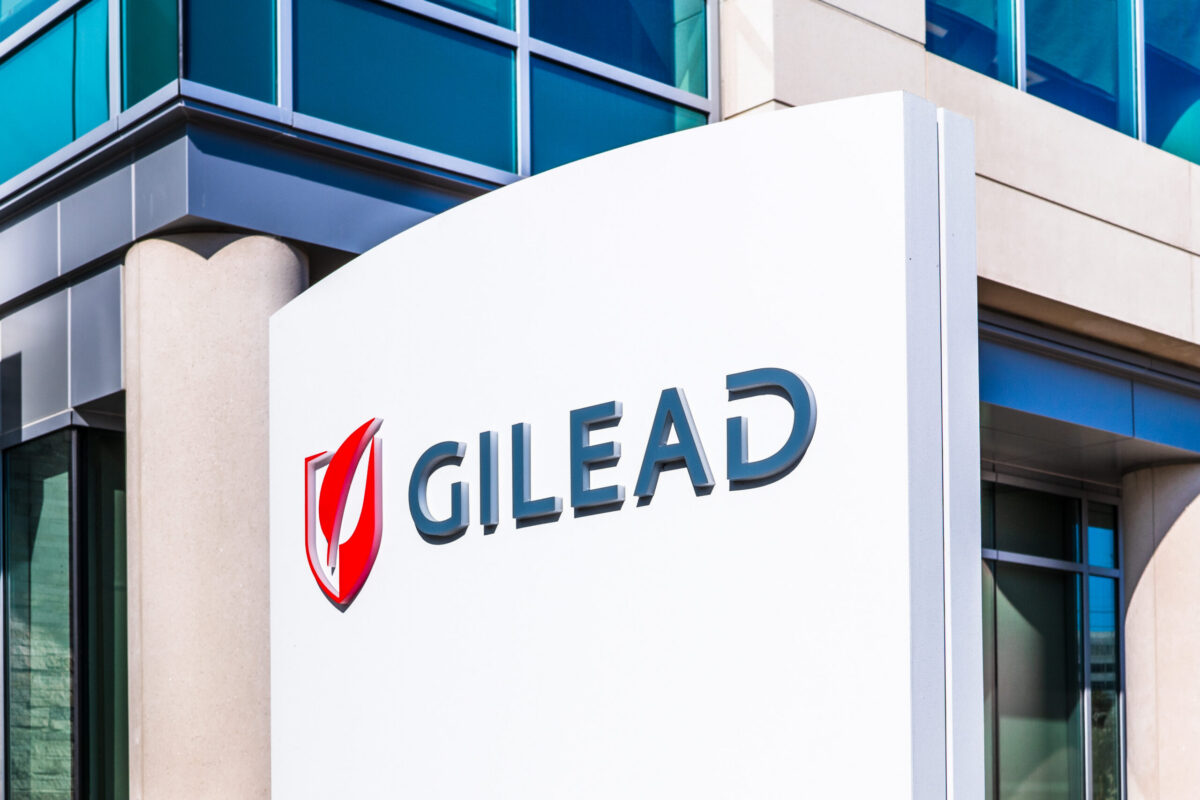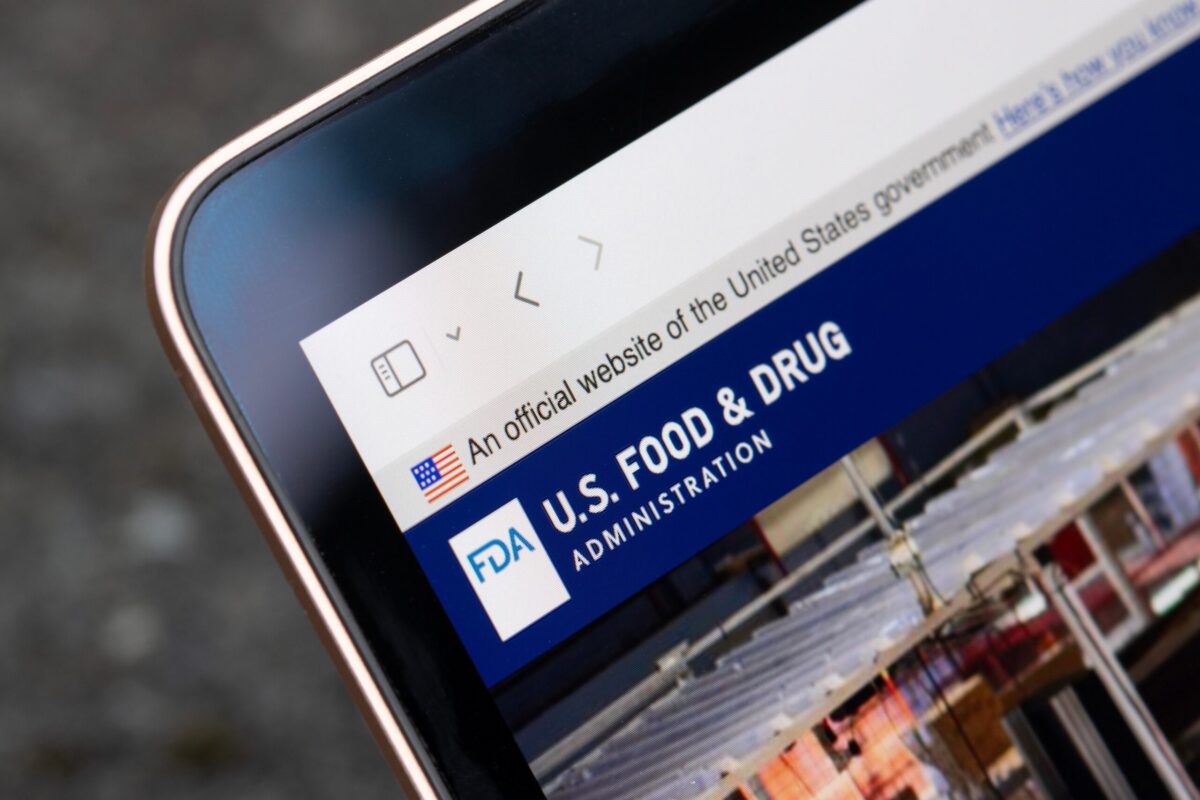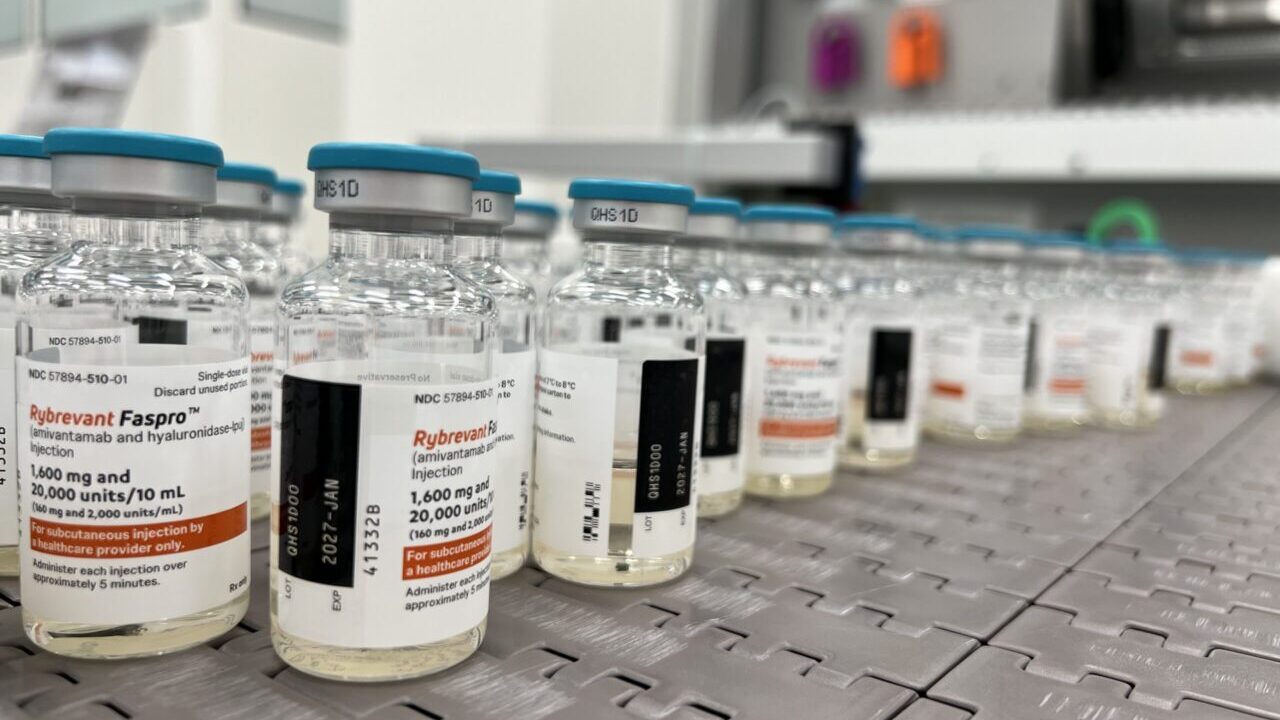Fresenius Kabi received FDA approval for its Prolia and Xgeva biosimilars, Conexxence (denosumab-bnht) and Bomyntra (denosumab-bnht), respectively.
The FDA granted authorization to the denosumab biosimilars for all indications corresponding to their reference products.
The agency approved Conexxence for use in adult patients at high risk for fractures. This includes those with osteoporosis, individuals undergoing certain cancer treatments that affect bone density as well as patients on long-term glucocorticoid therapy.
Bomyntra is approved to prevent skeletal-related events in adult patients with multiple myeloma and bone metastases from solid tumors. It is also used to treat hypercalcemia of malignancy refractory to bisphosphonate therapy and to address giant cell tumor of bone in adults and skeletally mature adolescents.
Fresenius Kabi, the operating arm of Fresenius, also shared that it secured a global settlement with Amgen over the denosumab biosimilars. This paves the way for a US launch in mid-2025 and a European rollout in the second half of 2025, pending regulatory approvals.
In the statement announcing the approval, Dr. Sang Jin Pak, president of Fresenius Kabi Biopharma, said, “We are pleased to have reached a global settlement with Amgen for our denosumab biosimilar candidates and to continue to provide patients around the globe with access to high-quality biological medicines.”
The approval marks the company’s sixth FDA biosimilar approval.
XTALKS WEBINAR: Biotech Commercialization: Strategic Insights for Asset Development, Deal-Making and Market Access
Live and On-Demand: Tuesday, May 6, 2025, at 11am EDT (5pm CEST/EU-Central)
Register for this free webinar to learn about building commercialization strategies that drive successful product launches in today’s biotech market. Attendees will gain insights into navigating deal-making and optimizing go/no-go decisions.
Denosumab is a monoclonal antibody that targets RANK ligand (RANKL) and treats various bone-related conditions.
Fresenius Kabi said the FDA approval of the denosumab biosimilars was based on comprehensive analytical development and similarity assessments. Two comparative clinical studies supported the evaluations.
One was a pharmacokinetic, pharmacodynamic and immunogenicity study in healthy volunteers. The other was an efficacy, pharmacodynamic, safety and immunogenicity study in women with postmenopausal osteoporosis.
Related: Omlyclo Becomes First Biosimilar to Rival Xolair
Other Denosumab Biosimilar Approvals
The approval positions Fresenius Kabi alongside other leading companies that have secured FDA approval for denosumab biosimilars, such as Sandoz, Samsung Bioepis and Celltrion.
Sandoz received FDA approval for its Prolia and Xgeva biosimilars, Jubbonti and Wyost, respectively, in March 2024. They were the first biosimilars of the drugs to receive FDA approval. The biosimilars made their debut Canada in August 2024, with the US launch anticipated by May 31, 2025.
Amgen has engaged in several patent disputes in attempts to delay biosimilar competition. However, most of the disputes have come to a settlement, paving the way for a slew of launches this year.
The company settled with Sandoz in April 2024, “resolving all patent litigation” related to its US denosumab biosimilars.
In January, Amgen reached a settlement with Celltrion, which will allow the South Korean company to launch its Prolia and Xgeva biosimilars as early as June 1.
Fresenius has been going strong with biosimilar approvals. In September 2024, Fresenius won FDA approval for its Stelara (ustekinumab) biosimilar Otulfi, developed by Formycon AG. The biosimilar had its official launch at the beginning of March this year.












Join or login to leave a comment
JOIN LOGIN